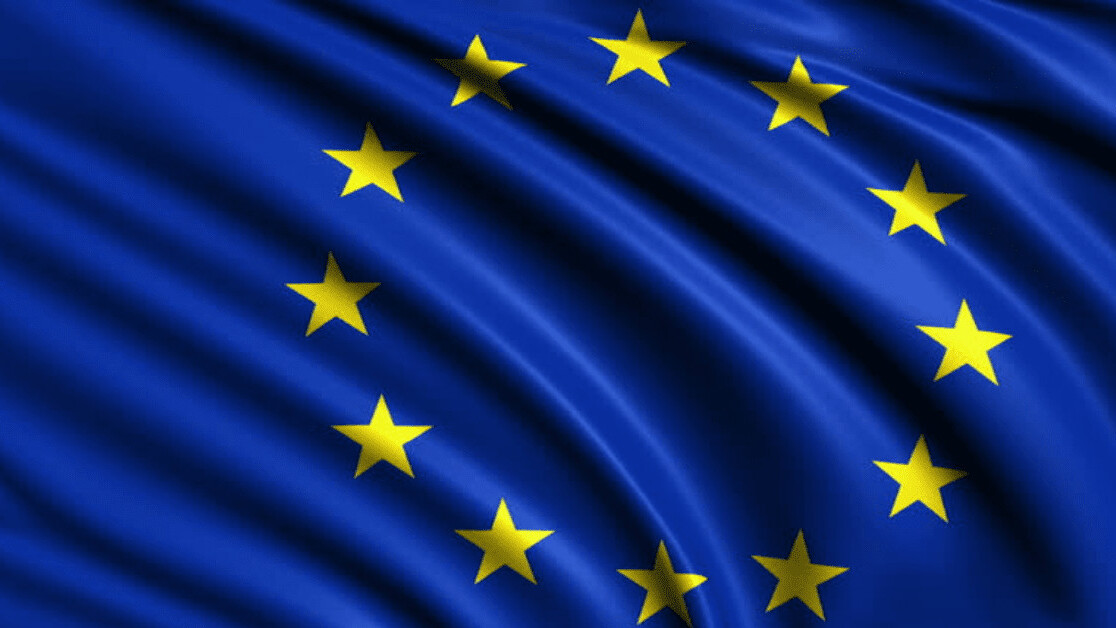
In the 30 years since Tim Berners Lee first documented his vision for what would become the World Wide Web, the US has been the primary leader in innovative infrastructure and products that are now core to everyday life. This innovation mostly occurred with startups shielded from legal constraints. That time is coming to a halt, with Europe positioned to overtake Silicon Valley as the ideological heart of the tech industry.
Despite building countless products that have become core to our daily lives, the tech industry has lost the public’s trust. The grievances span far and wide, from toxic and homogenous workplaces to extensive user tracking, massive data breaches, and an inability to combat platform abuse from bad actors and hostile nations.
The global response has been a push for regulation, which will fundamentally change how businesses operate and innovate. And while typically restricted by legal borders, tech regulations like GDPR have power beyond the legislator’s jurisdiction.
The borderless nature of tech regulation puts immense power in the hands of the EU, which has emerged as the de-facto global enforcer of internet rights. More significantly, these economic and political conditions pose a direct challenge to the ideology that defines today’s tech industry. Silicon Valley Frontierism will be forced to adopt some of what Emmanuel Macron calls “l’Europe qui protège,” or “The Europe that protects.” If the US can’t adjust to playing by someone else’s rules, it risks losing its foothold at the top of the tech food chain.
Regulators without borders
GDPR is not the first time a local law has become the global standard. In the early days of the internet, and in the wake of Enron, Tyco, and WorldCom financial scandals that shook public trust, US regulators passed the Sarbanes-Oxley (SOX) Act of 2002. SOX contained a series of strict new rules with steep penalties designed to increase data transparency, competition, and accountability.
Because of its hefty fines for non-compliance and the enormous effort to implement different financial record keeping practices for different jurisdictions, firms around the world adopted SOX. The US set the tone on a global scale. Now the balance of power has shifted, and these same powers will apply to GDPR, giving France and Germany, the leaders of a post-Brexit EU, regulatory authority that will span most of the western world.
With an $18.8 trillion GDP, the EU is the largest economic zone on the planet, leaving businesses with few options: build alternative software systems and processes for different legislative regimes, or defer to someone else’s rules. We have already seen this in action, with GDPR quickly becoming the default privacy standard on the internet.
It is unlikely any governing body will surpass the EU as the authority on digital monopolies. It is the only of the major global powers positioned to pass regulations at the scale of GDPR or the new digital copyright laws.
China is absent from the discussion of privacy and personal data as they focus on leveraging data to increase government surveillance. In the US, Congress has become increasingly polarized, and the responsibility of tech regulation has fallen to individual states, the FCC, and Department of Justice. If the UK follows through on Brexit, it is likely too small of a market and too divided of a government to drive global policy without EU backing.
Because of this, as the de-facto global enforcer of internet rights, Europe is well positioned to define the values and operating principles of the next generation of innovation, however, the extent of their influence remains to be seen.
A new era of innovation
Tech regulation should not be inherently alarming – policy and innovation have a symbiotic, oft-overlooked relationship. Whether in the form of subsidies and tax breaks (renewable energy), government or military funding (internal combustion engines, radar, tissue regeneration, GPS), or exemption from liability (Section 230 of the Communications Decency Act of 1996), deliberate hands on and hands off approaches are core to the rise of almost every tech innovation.
Though the era of an unchecked internet is coming to an end, it will not kill innovation. Instead, innovation will fall into one of two categories – new technology such as artificial intelligence and robotics, or from innovation rooted in compliance, encryption, and security, helping people gain sovereignty over their digital identities.
More significantly, the soul of the technology industry is up for grabs. With rising protectionism and a gridlocked Congress, the United States looks less and less equipped to lead the next wave of innovation. While best positioned to lead, Europe must balance an identity rooted in openness with new responsibilities to tackle populism and police the internet. If both falter, China will readily take advantage of an opportunity to strengthen its influence, which would be a loss for privacy advocates around the world.
Leadership over the next generation of the internet is up for grabs. Who emerges from the power struggle will charter our digital future.
Get the TNW newsletter
Get the most important tech news in your inbox each week.





